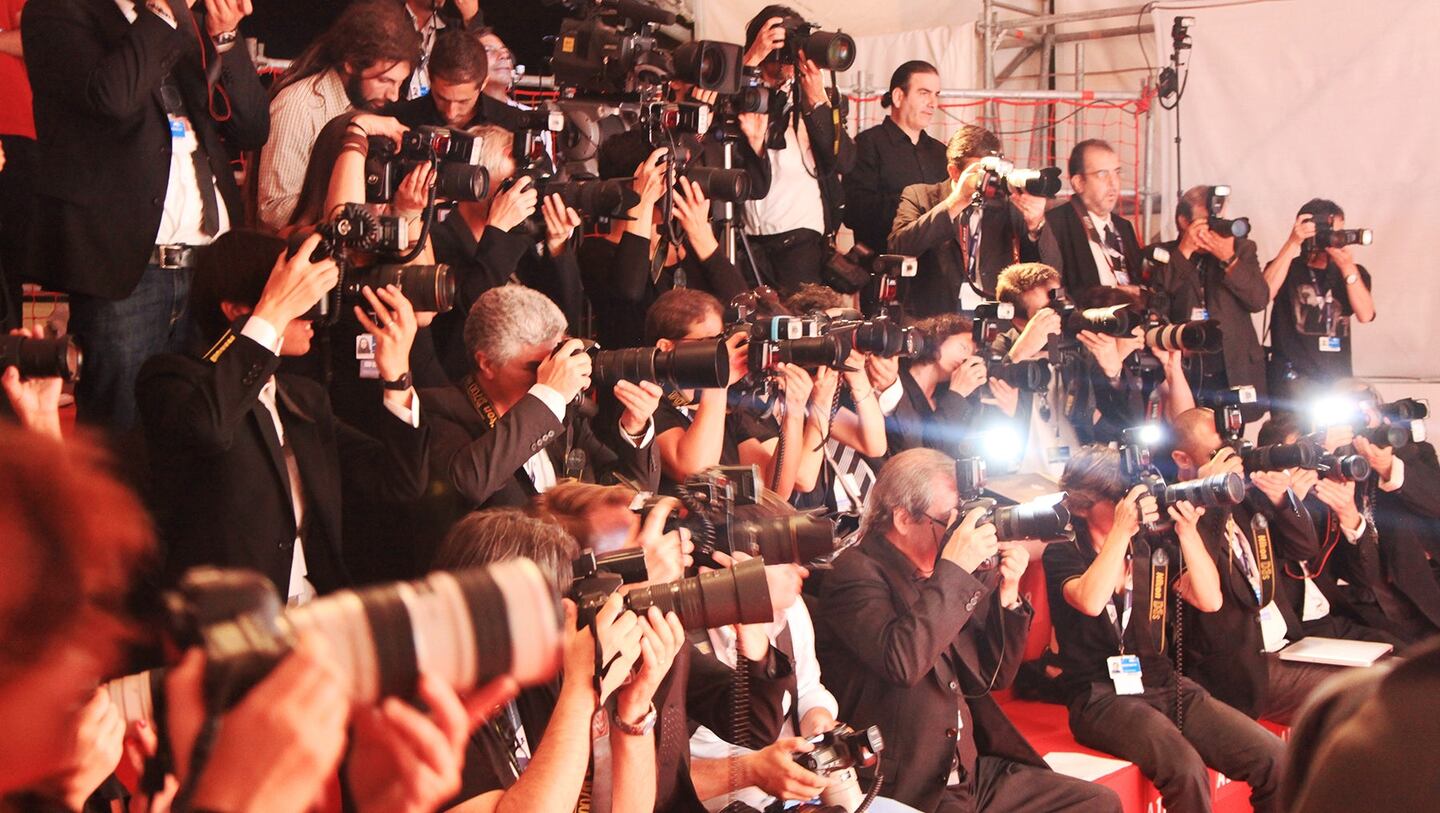
The Business of Fashion
Agenda-setting intelligence, analysis and advice for the global fashion community.

Agenda-setting intelligence, analysis and advice for the global fashion community.

LOS ANGELES, United States — During the past few months, the red carpets of Hollywood's biggest awards shows were for once something more than a glorified high fashion runway. They became glamorous demonstrations of fury and solidarity over the industry's ever-widening sexual misconduct scandals.
But at the biggest fashion show of all, the tide seems to have receded. On the red carpet at the Oscars Sunday night, all was mostly silent. (Though that was certainly not the case later on, inside.)
The #MeToo movement started in the film industry, and many celebrities have used their star-power to keep the public focused on the broader issue. Actresses wore black to the Golden Globes in January and a month later at the British Academy Film Awards in London. It seemed as if every red carpet interview was on message. But outside the Dolby Theater in Hollywood Sunday afternoon, there was no parade of black clothing and the topic of sexual harassment and misconduct was avoided. Aside from some lapel pins, there was little evidence of the controversy.
The red carpet for the Academy Awards was once the most valued catwalk in fashion — and only that — with designers using the prestigious event to showcase their best gowns, dresses, and tuxedos. While political statements have popped up on stage at the Oscars for decades, that wasn’t the case out on the red carpet — until recently.
ADVERTISEMENT
Indeed, over the past few years, the red carpet became an accepted venue for making a social or political point — which made Sunday’s relative silence all the more extraordinary. A survey from the National Sexual Violence Resource Center released in February found that 94 percent of the 843 women who participated said they had experienced sexual harassment or abuse by someone in a position of power in entertainment.
The red carpet has become an accepted venue for making a social or political point — which made Sunday's relative silence all the more extraordinary.
Prior to the Oscars, the producers of the Academy Awards made it clear that they wanted to keep the show’s focus on the films, as did an executive at ABC, while E! News said it’d look to provide more “balance” between social issues and entertainment in its red carpet coverage, according to the New York Times. No one was sure if such proclamations would hold sway outside the auditorium. Turns out, most of the hosts and celebrities got the memo, at least as far as the red carpet was concerned.
Not all, however. Elaine Welteroth, the former Teen Vogue editor who was analysing fashion for E!'s show, spoke about the anti-harassment movement as a panel discussed Salma Hayek's outfit. In December, Hayek detailed her own allegations of harassment and assault. "She used her voice and said time's up," said Welteroth.
Ryan Seacrest was among E!’s red carpet hosts, opening the show with co-host Giuliana Rancic while interviewing movie stars as they strutted by. His inclusion at the Oscars was controversial after Variety published misconduct allegations by his former stylist Suzie Hardy. Seacrest has strenuously denied any wrongdoing.
As for the clothes, the red carpet economy did its best to churn on. Money seems to have reclaimed centre stage.
Celebrities and fashion labels have long enjoyed a symbiotic relationship. The stars get to dress up for free courtesy of the world’s leading designers. The designers get global exposure and fashion credibility. Some stars will often sign deals with fashion labels who pay them to wear their look. The influence of the red carpet at the Oscars and its sibling shows also trickles down to the mass-market, as cheaper copycats rush to duplicate the hottest styles, taking $6,000 gowns and turning them into affordable items (and attracting cease-and-desist letters in the process).
While overt social statements by Hollywood’s big names seem to be dissipating, there have been some lasting changes over the past few years. Interviewers typically no longer ask, “Who are you wearing?” and inquire about the women’s films instead. E! News no longer has its “mani-cam,” a zoom-in shot of women’s fingernails, which Mad Men actress Elisabeth Moss once famously flipped off.
When a cameraman slowly panned up Cate Blanchett’s legs at the Screen Actors Guild Awards in 2014, she crouched down, looked into the lens and asked, “Do you do that to the guys?” This year, celebrities instead mugged for E!’s “glambot” camera which showed off their outfits in slow motion as Rancic and other hosts critiqued the looks.
By Kim Bhasin; editor: David Rovella.
From analysis of the global fashion and beauty industries to career and personal advice, BoF’s founder and CEO, Imran Amed, will be answering your questions on Sunday, February 18, 2024 during London Fashion Week.
The State of Fashion 2024 breaks down the 10 themes that will define the industry in the year ahead.
Imran Amed reviews the most important fashion stories of the year and shares his predictions on what this means for the industry in 2024.
After three days of inspiring talks, guests closed out BoF’s gathering for big thinkers with a black tie gala followed by an intimate performance from Rita Ora — guest starring Billy Porter.